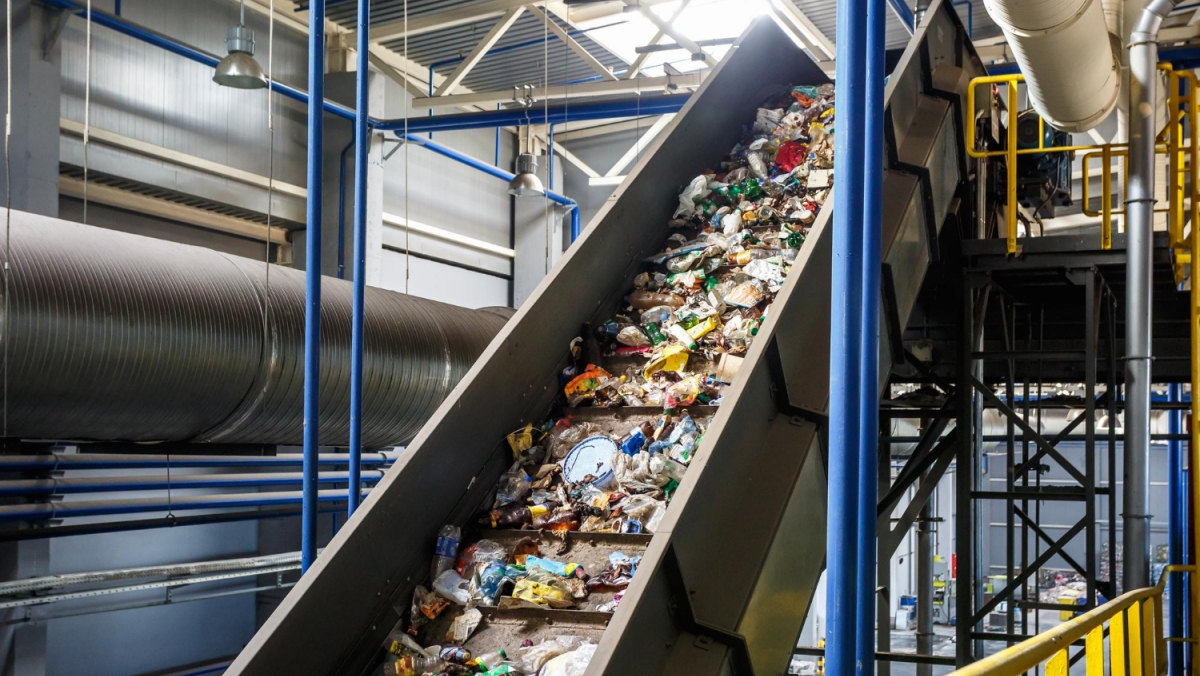What is advanced recycling?

Mechanical recycling, which grinds up plastic waste and melts it down into usable formats, can only be applied to specific types of plastic, such as clear water bottles. Advanced recycling, on the other hand, uses solvents, heat or enzymes to break plastics down. The resulting liquid or gas is then used to create basic chemicals, which can then theoretically be made into pellets that form the basis of new plastic products.
Environmental groups are sceptical about advanced recycling’s ability to create a circular economy for plastics. Virgin plastics are cheap to make, and the colourants and additives used to produce them mean that there are thousands of different types that can’t just be melted down and mixed together, as in mechanical recycling. And while the OECD predicts a rise in plastic recycling rates over the next few decades, it wouldn’t match concurrent growth in plastic waste. According to detractors, advanced recycling could actually boost the production of virgin plastic.
The jury is still out as to whether advanced recycling can truly be part of the solution to the plastic crisis. In the meantime, packaging base materials such as paper, glass and aluminium are easily recycled via conventional mechanical recycling facilities.